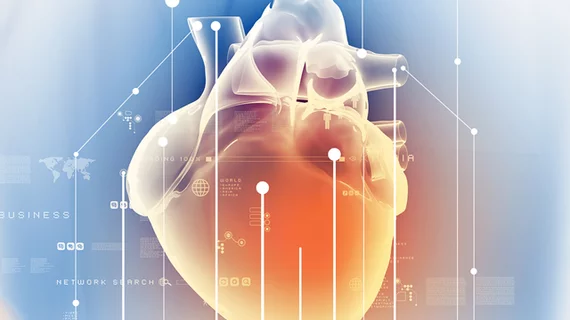GE Research, Weill Cornell, other top healthcare groups awarded $3.7M to enhance cardiac CT technology
The National Institutes of Health has awarded a $3.7 million grant to a new healthcare collaboration seeking to enhance the accuracy of cardiac computed tomography scanning.
As part of the project, General Electric Research, Rensselaer Polytechnic Institute, Weill Cornell Medicine, and Cleerly—a heart disease-focused artificial intelligence firm—will pioneer technologies that remove blurring artifacts from cardiac CT scans.
The aim is to create artificial intelligence applications that improve imaging accuracy, thereby preventing patients from undergoing costly and invasive procedures, the organizations announced Tuesday.
“These cardiac CT blooming artifacts are one of the major challenges in the CT field,” Rensselaer’s Biomedical Imaging Center Director Ge Wang said in a statement. “We have a great opportunity to redefine state-of-the-art CT technology through this NIH-funded project.”
As part of the endeavor, Rensselaer and GE Research will create deep learning algorithms that optimize image quality. And together with clinical research teams at Cleerly and Weill Cornell, they’ll gather data from more than 100 patients with coronary artery disease to test the techniques. They noted both CT and intravascular ultrasounds will be used in their efforts.
Given that heart disease, and coronary artery disease, in particular, is among the leading killers of both men and women globally, the novel developments could make a world of difference.
“This project is a wonderful example of how a multidisciplinary meeting of the minds will turn CT imaging into an even more powerful diagnostic tool for cardiac care,” Bruno De Man, GE Research’s technology manager for radiation imaging, said Oct. 13.

